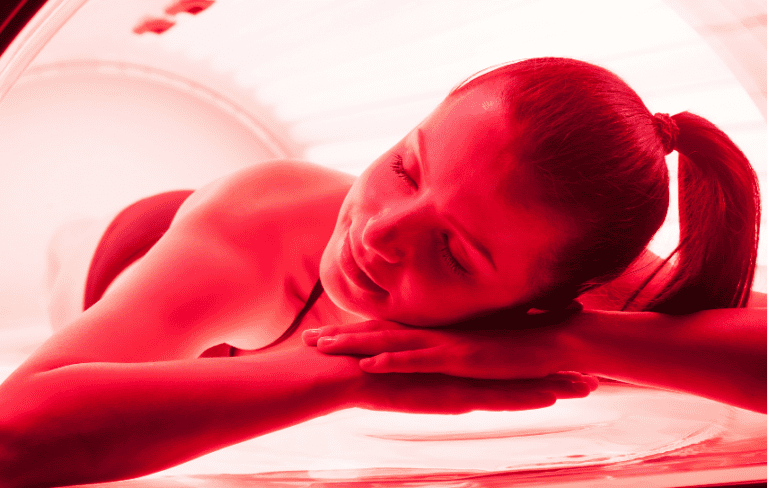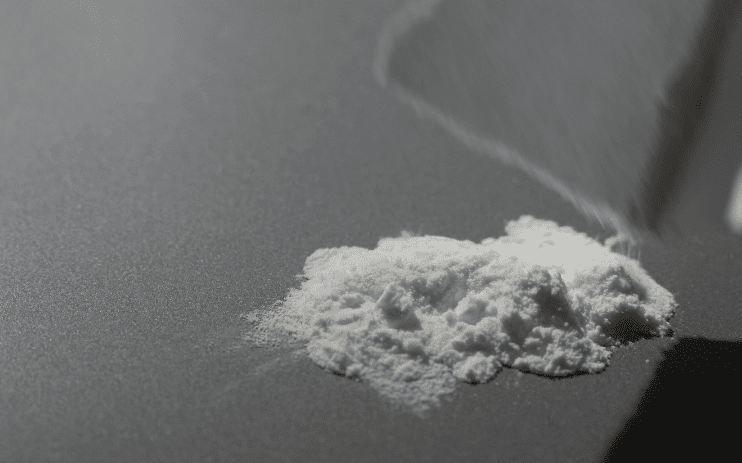What are “Sober Bars”?
A bar that does not serve alcohol might sound like an oxymoron. “Sober bars”, also called “dry bars” or “alcohol-free” bars, have been on the rise in recent years. In many cities, including Asheville, sober bars have become a mainstay as places for those to enjoy an alcohol-free night in a public space that feels similar to what you would expect as part of nightlife.
Some sober bars will offer non-alcoholic beers and mocktails while others do not have anything on the menu that resembles an alcoholic beverage. This is for a variety of reasons. Certain individuals in recovery are perfectly fine being around alcohol but others find the presence of alcohol and drinks that mimic alcoholic beverages to be triggering. Avoiding high-risk triggers is an important part of sober living. Sober bars cater to a growing audience of individuals who seek public spaces to enjoy a night out on the town with friends or romantic partners that allows them to feel a sense of normalcy without the temptation to drink or be around drinking culture.
A Safe Space to Make Connections
Having a strong safety net is an important part of aftercare for those who have gone through an alcohol addiction treatment program. Sober bars in Asheville are great spaces to meet with like-minded individuals who can help support you on your path towards lasting recovery.
Sober Bars are not just for those in Recovery
Those who operate sober bars will tell you that they aim to make an overall positive and fun environment. Even those who can safely drink should not have to go to a space that necessarily involves drinking in order to have an enjoyable night out.
The concept of the “sober bar”, it turns out, is not new. In the late 19th Century, alcohol-free bars known as “temperance bars” operated in the UK surrounding a movement that involved abstinence from alcohol. These individuals also wanted a public space to enjoy themselves but without the temptation of alcoholic beverages.
A few pros to a sober bar, for those who do occasionally drink, include that you are more likely to remember your night out with clear memory and less likely to have to manage a nasty hangover the next morning.
Societal Adoption of Drink-Free Spaces
There is a growing trend towards the creation of spaces where drinking feels options. Nowadays, there are many restaurants where patrons can go that do not have alcoholic beverages on the menu. In the past, many restaurants made a lot of money off of the drinks that they would upsell to patrons. Modern sober bars offer fancy mocktails that involve exotic and often high-end ingredients. Part of the goal is to provide patrons with a unique experience that is memorable without the need to use conventional alcoholic spirits.
The term “sober curious” has become used more frequently to describe those engaging with drink-free and sober spaces. People are increasingly realizing that the downsides of a night out drinking are not necessarily worth the hangover or potential risks associated with heavy drinking.
Many alcohol-free bars require patrons to be over the age of 21 and aim to provide a circumstance that feels akin to a bar-like atmosphere. Part of the reason for doing so is that some individuals who have stopped drinking feel like they are losing a part of the self, their personal lifestyle, by having to avoid situations that they previously found significant and meaningful for reasons beyond drinking.
Healthy Living
Many aspects of society have been trending in the direction of healthy living. Alcohol is not associated with clean eating and clean living lifestyles. Finding spaces where people can enjoy good company, good food, drinks, and a positive atmosphere is essential for those who are both sober and not.
A good wellness routine involves healthy social habits. Finding spaces where you can enjoy time with others and avoid high-risk triggers that could result in relapse is invaluable.
Signs Your Loved One Needs Alcohol Treatment
Increased Drinking
If a person is spending more and more of their time engaged in drinking, then they may have developed an alcohol use disorder (AUD). A related sign is if someone has tried to cut back on their drinking but seems unable to do so. Someone who has developed an alcohol addiction may spend much of their time withdrawing and recovering from the after-effects of drinking the previous night and anxiously waiting for the next drink.
Relationships Issues
Someone who has developed an alcohol addiction often changes their behavior to accommodate their addiction. This could mean that they begin to retreat from social activities or self-isolate. This could also mean that they avoid events or social gatherings where there will not be an opportunity to drink.
A person who is struggling with alcohol abuse is at risk of having issues at work or maintaining employment.
Addiction damages all aspects of a person’s life including interactions with family, friends, and colleagues.
Lack of Interest
A person who has developed a serious alcohol addiction may stop showing interest in activities and hobbies that once brought them joy. They may begin to turn down opportunities to engage in social events that, in the past, they would have been excited to attend.
Signs of Alcohol Abuse
Someone with an alcohol use disorder is likely to show signs of withdrawal when they have gone even a short period of time without a drink. Signs of withdrawal can include:
- Irritability
- Shakiness
- Restlessness
- Difficulty focusing
- Sweating
- Vomiting
- Sleep issues
If this sounds like someone you know and care about, we encourage you to reach out to Oasis Recovery in Asheville for more information about our programs and services. Our programs include but are not limited to:
- Partial hospitalization program (PHP)
- Intensive outpatient program (IOP)
- Outpatient therapy
- Relapse prevention therapy
- Aftercare planning
Our mental health services include:
- Cognitive-behavioral therapy (CBT)
- Dialectical behavior therapy (DBT)
- Individual therapy
- Family therapy
- Group therapy
Contact Oasis Recovery to Learn More about Sober Life
A life in recovery does not mean a life without joy. In fact, quitting drinking is a big step towards creating a life that is more balanced. Alcohol is disruptive to the lives of those with alcohol abuse disorders (AUD) as well as those who interact with them.
If you or your loved one is struggling with alcohol abuse, we encourage you to reach out to the medical professionals at Oasis Recovery to speak with a specialist for assistance today. Our medical doctors and mental health counselors are ready to help you get your life back on track.
Our wide range of personalized programs and services are designed to meet your needs and goals. We treat all of our clients with the respect and dignity they deserve. We look forward to helping you learn to live a positive and fulfilling life in sobriety.
Contact Oasis Recovery about Alcohol Addiction Treatment
If you or someone you care about is engaging in risky behavior surrounding alcohol, it’s essential that they understand the dangers associated with their actions. Alcohol Use Disorder (AUD) is a serious condition that can result from forming a dependence on alcohol. Often, individuals do not realize that they are slowly forming a habit that will be difficult to break down the road. Early intervention is always ideal. Reach out to Oasis Recovery in Asheville to speak with a specialist about the risks associated with alcohol abuse and addiction.












